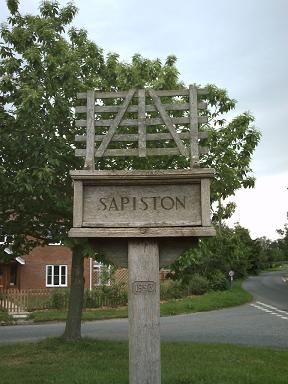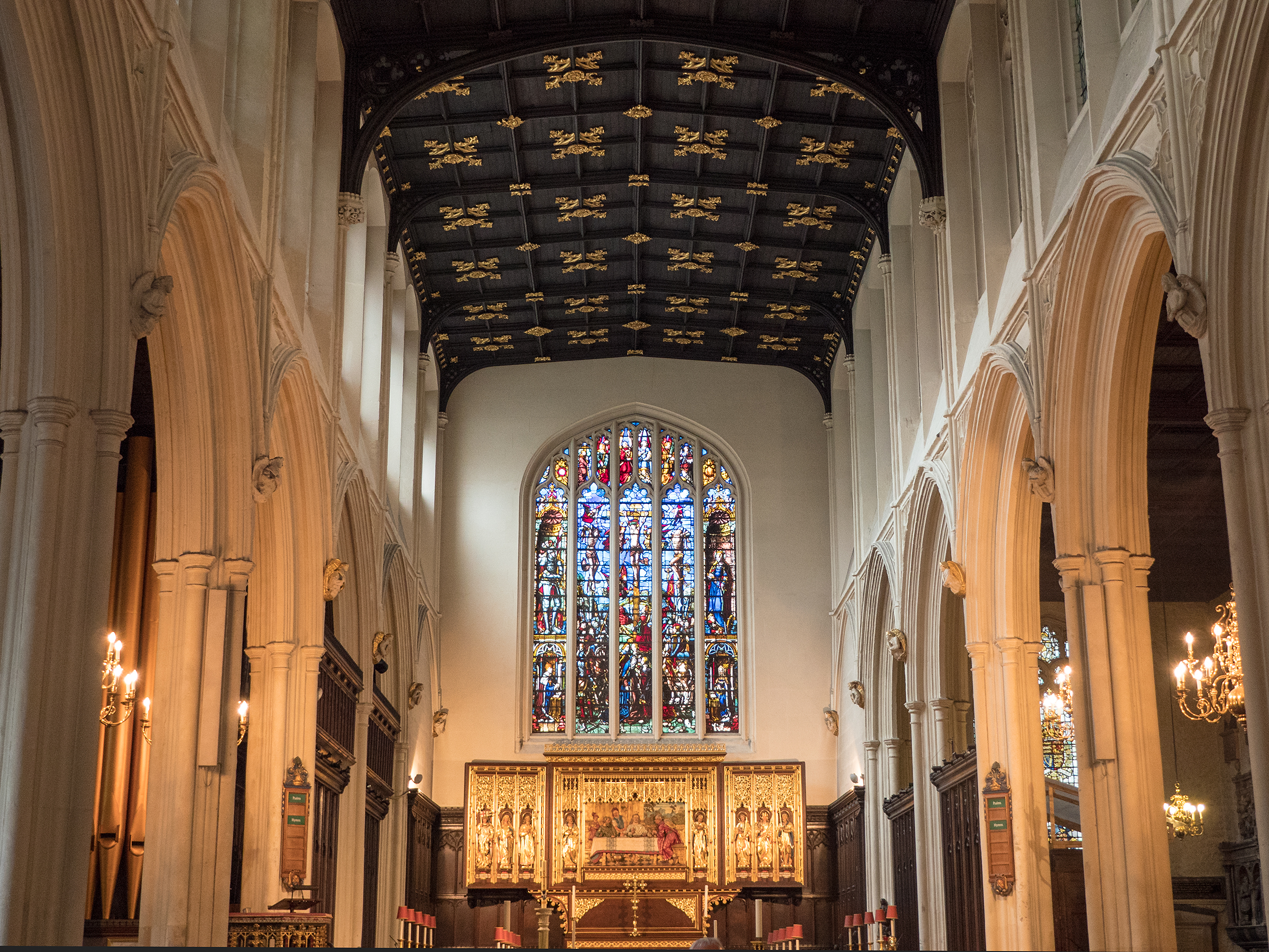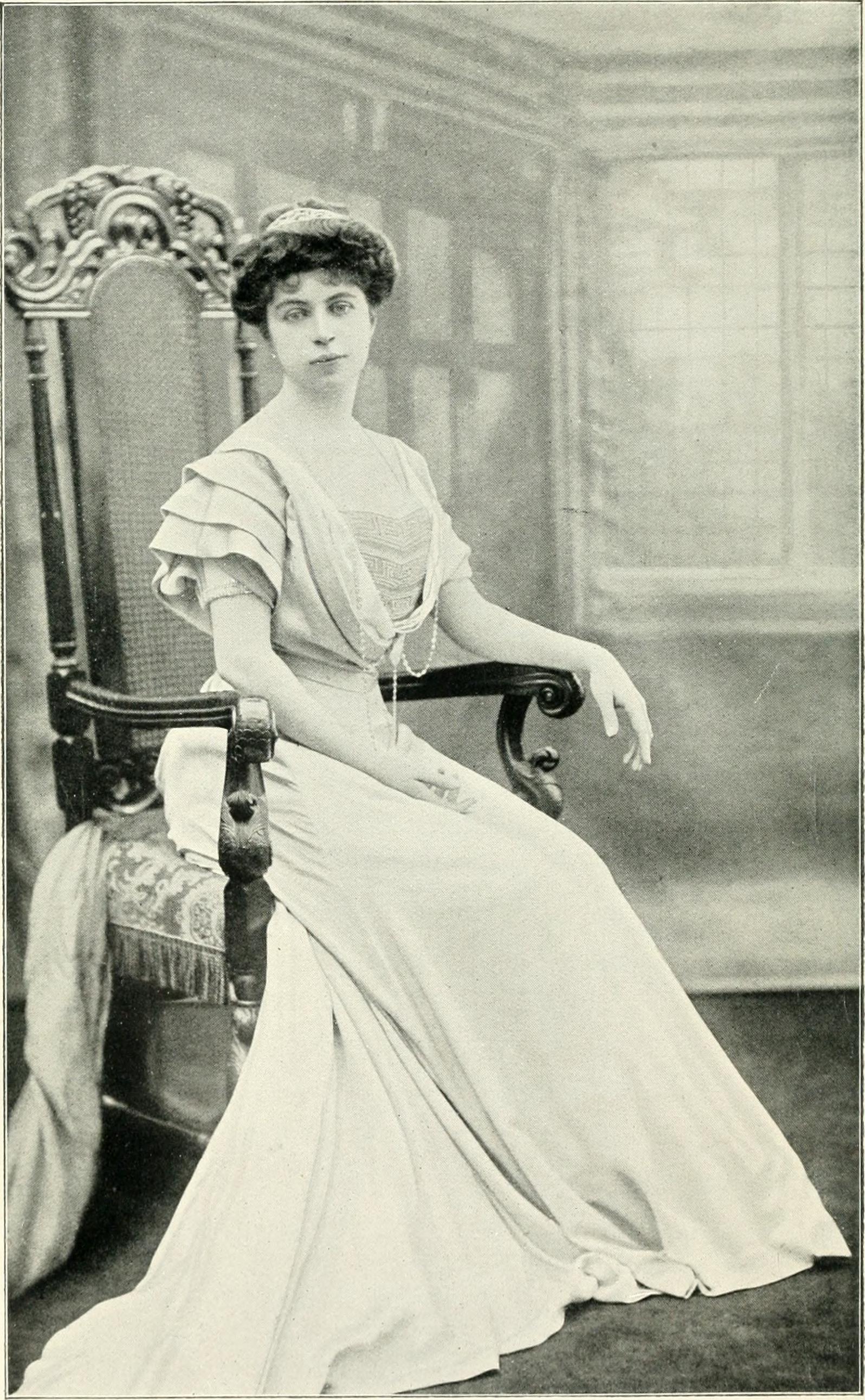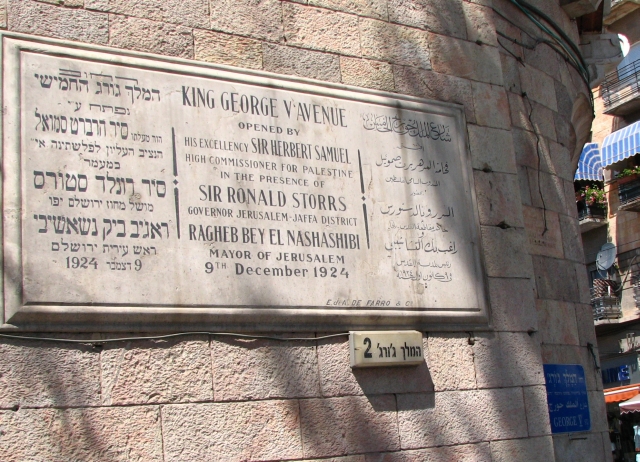|
Margery Greenwood, Viscountess Greenwood
Margery Greenwood, Viscountess Greenwood (''née'' Spencer; 20 December 1886 – 24 April 1968), known as Margo Greenwood, was a British aristocrat and the wife of Hamar Greenwood, 1st Viscount Greenwood. Very politically active, she was known to frequent meetings of parliament in the House of Commons and took an active role in her husband's constituencies while he sat in Parliament for York. She also notably had an affair with Lloyd George. Biography Lady Greenwood was born Margery Spencer on 20 December 1886 in Sapiston, the daughter of Rev. Walter Spencer of Fownhope Court, Herefordshire and Anne Elizabeth Hudson of Bache Hall.L. G. Pine, The New Extinct Peerage 1884-1971: Containing Extinct, Abeyant, Dormant and Suspended Peerages With Genealogies and Arms (London, U.K.: Heraldry Today, 1972), page 202. Her maternal grandfather was soap manufacturer Robert Spear Hudson. She had two brothers, Robert and Geoffrey, and two sisters, Olive and Muriel.''The Toronto World'' des ... [...More Info...] [...Related Items...] OR: [Wikipedia] [Google] [Baidu] |
Sapiston
Sapiston is a small village and civil parish in the West Suffolk district of Suffolk in eastern England, located near the Suffolk-Norfolk border. It is in northern Suffolk lying on the river Blackbourn. The place-name 'Sapiston' is first attested in the Domesday Book of 1086, where it appears as ''Sapestuna''. The name is thought to mean 'village of soapmakers', but this is not certain. Eilert Ekwall, ''The Concise Oxford Dictionary of English Place-names'', p.404. Sapiston is bordered to the south-west by Honington, to the north-west by Fakenham Magna, to the north by Euston, to the east by Bardwell, and to the south by Ixworth Thorpe. It is 8 miles from Bury St Edmunds and 6 miles from Thetford in Norfolk. Also nearby are RAF Honington and two Joint RAF/USAF Bases, RAF Lakenheath and RAF Mildenhall. History :Sapiston, a parish in the hundred of Blackbourn, county Suffolk, 3½ miles N.W. of Ixworth, its post town, and 7 from Bury St. Edmund's. The village, which is ... [...More Info...] [...Related Items...] OR: [Wikipedia] [Google] [Baidu] |
St Margaret's, Westminster
The Church of St Margaret, Westminster Abbey, is in the grounds of Westminster Abbey on Parliament Square, London, England. It is dedicated to Margaret of Antioch, and forms part of a single World Heritage Site with the Palace of Westminster and Westminster Abbey. History and description The church was founded in the twelfth century by Benedictine monks, so that local people who lived in the area around the Abbey could worship separately at their own simpler parish church, and historically it was within the hundred of Ossulstone in the county of Middlesex. In 1914, in a preface to ''Memorials of St. Margaret's Church, Westminster'', a former Rector of St Margaret's, Hensley Henson, reported a mediaeval tradition that the church was as old as Westminster Abbey, owing its origins to the same royal saint, and that "The two churches, conventual and parochial, have stood side by side for more than eight centuries – not, of course, the existing fabrics, but older churches of which ... [...More Info...] [...Related Items...] OR: [Wikipedia] [Google] [Baidu] |
Sir Charles Rose, 1st Baronet
Sir Charles Day Rose, 1st Baronet (23 August 1847 – 20 April 1913) was a British- Canadian businessman, race horse breeder, yachtsman, and Liberal politician. Member of parliament for Newmarket and President of the Royal Aero Club, he has been suggested as the inspiration for Toad in '' The Wind in the Willows''. Biography Born in Montreal, he was the second son of Sir John Rose, 1st Baronet. His father moved from Scotland to Canada, where he was successively Solicitor General, Minister of Public Works and Minister of Finance. Rose was educated at the High School of Montreal and Rugby School. He was commissioned into the Montreal Garrison Artillery, and was involved in repelling the Fenian raid of 1870. He subsequently entered business as a partner in an American bank based in the City of London and part of the syndicate promoting the Canadian Pacific Railway. In the late 1880s and early 1890s, he was a leading horse race breeder, based at Newmarket, Suffolk ... [...More Info...] [...Related Items...] OR: [Wikipedia] [Google] [Baidu] |
Donald Smith, 1st Baron Strathcona And Mount Royal
Donald Alexander Smith, 1st Baron Strathcona and Mount Royal (6 August 182021 January 1914), known as Sir Donald A. Smith between May 1886 and August 1897, was a Scottish-born Canadian businessman who became one of the British Empire's foremost builders and philanthropists. He became commissioner, governor and principal shareholder of the Hudson's Bay Company. He was president of the Bank of Montreal and with his first cousin, George Stephen (later Lord Mount Stephen), co-founded the Canadian Pacific Railway. He was elected to the Legislative Assembly of Manitoba and afterwards represented Montreal in the House of Commons of Canada. He was Canadian High Commissioner to the United Kingdom from 1896 to 1914. He was chairman of Burmah Oil and the Anglo-Persian Oil Company. He was chancellor of McGill University (1889–1914) and the University of Aberdeen. King Edward VII called him "Uncle Donald". His estate was valued at $5.5 million. During his lifetime, and including the b ... [...More Info...] [...Related Items...] OR: [Wikipedia] [Google] [Baidu] |
Walter Runciman, 1st Viscount Runciman Of Doxford
Walter Runciman, 1st Viscount Runciman of Doxford, (19 November 1870 – 14 November 1949) was a prominent Liberal and later National Liberal politician in the United Kingdom. His 1938 diplomatic mission to Czechoslovakia was key to the enactment of the British policy of appeasement of Nazi Germany preceding the Second World War. Background Runciman was the son of the shipping magnate Walter Runciman, 1st Baron Runciman. He was educated at South Shields High School and Trinity College, Cambridge, where he graduated with an MA degree in history in 1892. Pugh, Martin"Runciman, Walter, first Viscount Runciman of Doxford (1870–1949)" ''Oxford Dictionary of National Biography'', Oxford University Press, 2004; online edition, January 2011. Retrieved 28 September 2017 Political career 1899–1913 Runciman unsuccessfully contested Gravesend in a by-election in 1898, but was elected as a member of parliament (MP) in a two-member by-election for Oldham in 1899, defeating ... [...More Info...] [...Related Items...] OR: [Wikipedia] [Google] [Baidu] |
Lewis Harcourt, 1st Viscount Harcourt
Lewis Vernon Harcourt, 1st Viscount Harcourt (born Reginald Vernon Harcourt; 31 January 1863 – 24 February 1922), was a British Liberal Party politician who held the Cabinet post of Secretary of State for the Colonies from 1910 to 1915. Lord Harcourt's nickname was "Loulou". Early life and education Harcourt was born at Nuneham Courtenay, Oxfordshire, the only surviving son of politician William Vernon Harcourt (politician), Sir William Vernon Harcourt and his first wife, Maria Theresa Lister. He was originally christened with the name Reginald, in honour of his father's university friend Reginald Cholmondeley, but when Sir George Cornewall Lewis, 2nd Baronet, George Cornewall Lewis died just over two months after, he was rechristened with the name Lewis. He never knew his mother, who died only a day after giving birth to him. His elder brother, Julian Harcourt, had died the previous year at the age of one year. He was educated at Eton College, Eton. He studied Doctor of Civil ... [...More Info...] [...Related Items...] OR: [Wikipedia] [Google] [Baidu] |
Robert Reid, 1st Earl Loreburn
Robert Threshie Reid, 1st Earl Loreburn, (3 April 1846 – 30 November 1923) was a British lawyer, judge and radical Liberal politician. He served as Lord High Chancellor of Great Britain between 1905 and 1912. Background and education Born in Corfu, the largest city on the island of the same name, Loreburn was the son of Sir James John Reid, Chief Justice of the Ionian Islands, at the time a British proctectorate. His mother was Mary, daughter of Robert Threshie. Loreburn was educated at Cheltenham College and Balliol College, Oxford. While at Oxford, he represented the Oxford University Cricket Club in fifteen first-class matches as a wicket-keeper, spanning from 1865 to 1868. He remained involved in cricket for many years after, with appearances for the Marylebone Cricket Club (MCC) and Herefordshire at lower levels of the sport, amongst other sides. Political career Loreburn's national political career began in 1880, when he was elected to the House of Commons as Member ... [...More Info...] [...Related Items...] OR: [Wikipedia] [Google] [Baidu] |
Herbert Samuel, 1st Viscount Samuel
Herbert Louis Samuel, 1st Viscount Samuel, (6 November 1870 – 5 February 1963) was a British Liberal politician who was the party leader from 1931 to 1935. He was the first nominally-practising Jew to serve as a Cabinet minister and to become the leader of a major British political party. Samuel had promoted Zionism within the British Cabinet, beginning with his 1915 memorandum entitled '' The Future of Palestine''. In 1920 he was appointed as the first High Commissioner for Palestine, in charge of the administration of the territory. Samuel was the last member of the Liberal Party to hold one of the four Great Offices of State (as Home Secretary from 1931–32 in the National Government of Ramsay MacDonald). One of the adherents of "New Liberalism", Samuel helped to draft and present social reform legislation while he was serving as a Liberal cabinet member. Samuel led the party in both the 1931 general election and the 1935 general election, during which period the part ... [...More Info...] [...Related Items...] OR: [Wikipedia] [Google] [Baidu] |
John Burns
John Elliot Burns (20 October 1858 – 24 January 1943) was an English trade unionist and politician, particularly associated with London politics and Battersea. He was a socialist and then a Liberal Member of Parliament and Minister. He was anti-alcohol and a keen sportsman. When the Liberal cabinet made a decision for war on 2 August 1914, he resigned and played no further role in politics. After retiring from politics, he developed an expertise in London history and coined the phrase "The Thames is liquid history". Early life Burns was born in London in 1858, the son of Alexander Burns, a Scottish fitter, growing up with his railwayman father in a house at 80 Grant Road, Battersea on what is now the Winstanley and York Road Estates. He attended a national school in Battersea until he was ten years old. He then had a succession of jobs until he was fourteen years old and started a seven-year apprenticeship to an engineer at Millbank and continued his education at night-sc ... [...More Info...] [...Related Items...] OR: [Wikipedia] [Google] [Baidu] |
David Lloyd George
David Lloyd George, 1st Earl Lloyd-George of Dwyfor, (17 January 1863 – 26 March 1945) was Prime Minister of the United Kingdom from 1916 to 1922. He was a Liberal Party politician from Wales, known for leading the United Kingdom during the First World War, social reform policies including the National Insurance Act 1911, his role in the Paris Peace Conference, and negotiating the establishment of the Irish Free State. Early in his career, he was known for the disestablishment of the Church of England in Wales and support of Welsh devolution. He was the last Liberal Party prime minister; the party fell into third party status shortly after the end of his premiership. Lloyd George was born on 17 January 1863 in Chorlton-on-Medlock, Manchester, to Welsh parents. From around three months of age he was raised in Pembrokeshire and Llanystumdwy, Caernarfonshire, speaking Welsh. His father, a schoolmaster, died in 1864, and David was raised by his mother and her shoemaker brot ... [...More Info...] [...Related Items...] OR: [Wikipedia] [Google] [Baidu] |
Annie Botha
Annie Botha ( Emmett; 3 July 1864 – 20 May 1937) was a South African civic leader and political hostess. She was the wife of Louis Botha, who served as the first Prime Minister of South Africa. She established an orphanage in South Africa and, with Georgiana Solomon, co-founded and chaired the South African Women's Federation. Biography Botha was born Annie Emmett on 3 July 1864 in Swellendam to John Cheere Emmett, a farmer, and his wife, Helen Laetitia Bland. She was raised in the Anglican faith and her family were members of the Church of the Province of Southern Africa. In 1869, her family moved to the Orange Free State and settled on a farm between Harrismith and Vrede. She was educated at St. Michael's School, an Anglican school in Bloemfontein run by the Community of St Michael and All Angels. Botha later taught at the school until she moved with her parents to Vryheid. While living in Vryheid, she met Louis Botha. They married at the Dutch Reformed Church in Vryheid ... [...More Info...] [...Related Items...] OR: [Wikipedia] [Google] [Baidu] |
Joseph Ward
Sir Joseph George Ward, 1st Baronet, (26 April 1856 – 8 July 1930) was a New Zealand politician who served as the 17th prime minister of New Zealand from 1906 to 1912 and from 1928 to 1930. He was a dominant figure in the Liberal and United ministries of the late 19th and early 20th centuries. Ward was born into an Irish Catholic family in Melbourne, Victoria. In 1863, financial hardship forced his family to move to New Zealand, where he completed his education. Ward established a successful grain trade in Invercargill in 1877 and soon became prominent in local politics. He became a Member of Parliament in 1887. Following the election of the Liberal Government in 1891, Ward was appointed as Postmaster-General under John Ballance; he was promoted to Minister of Finance in the succeeding ministry of Richard Seddon. Ward became Prime Minister on 6 August 1906, following Seddon's death two months earlier. In his first period of government, Ward advocated greater unity withi ... [...More Info...] [...Related Items...] OR: [Wikipedia] [Google] [Baidu] |
.jpg)










